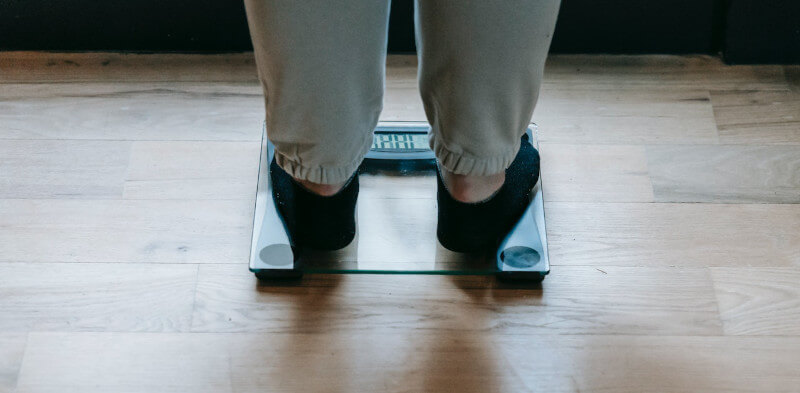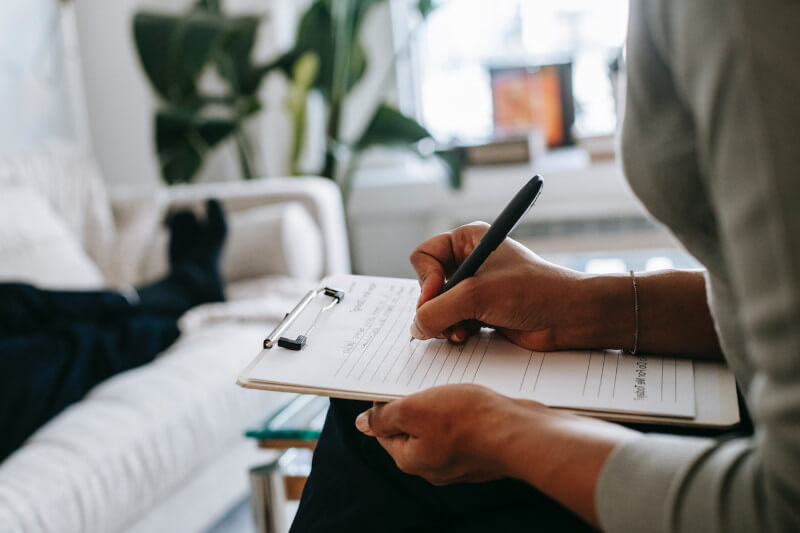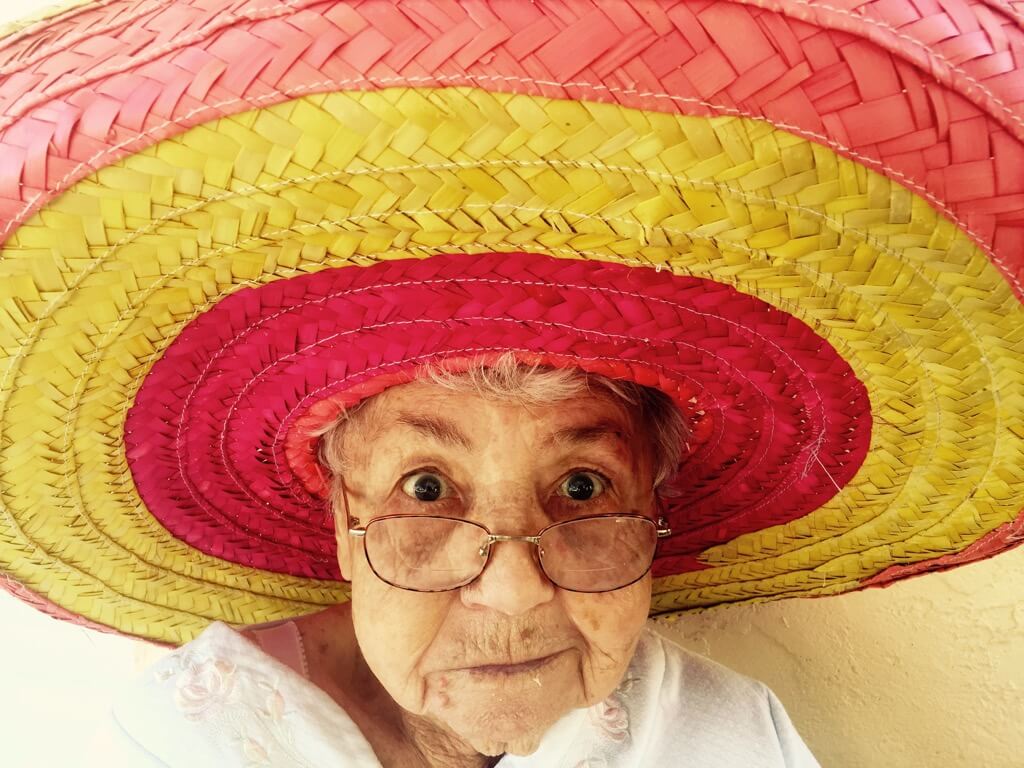Doesn’t everyone worry about their weight and try to maintain a certain body type? If you have an eating disorder or negative feelings about your body, now is the moment to seek help. In this article, a licensed therapist from Cape Town discusses how to recognise when you need help and where to find it.
It’s impossible to avoid commercials offering weight loss aids and plastic surgery. The media never stops picking apart the bodies of celebrities. Furthermore, many of the on-screen characters are also struggling with their physical presentation. It’s easy to conclude from this that everyone has issues with self-perception regarding their appearance. Still, many don’t second-guess or belittle their physical selves and are content to merely exist in them. They think of themselves as vehicles, instruments that carry them through life.
You Could Easily Forget About Personal Hygiene
There is a range of how much attention and concern we give our bodies. The extreme case is people who don’t care about how they look. They might not be taking care of their hygiene by doing things like washing their hair, teeth, and clothes. Possible symptoms of depression include this kind of apathy. While you may be cognizant of your physical self, you approach things holistically.
Between these two extremes are persons who take pride in their appearance and use cosmetics to express themselves through their clothing choices. When they examine themselves in the mirror, these people don’t focus on certain parts but on the overall. Being here on the spectrum is a good thing. Last but not least, you could be harbouring unflattering ideas about your body
People at the other end of the spectrum are excessively concerned with their physical appearance, believe they have no power over their bodies, lack knowledge on how to properly care for their bodies, and are frantic to change certain aspects of their appearance. Discover the benefits of journaling to cultivate positive self-talk in addiction recovery.
Some of the following symptoms indicate you may benefit from working with a South African-based online therapist for physical concerns:
- You do a lot of self-checks, such as checking out your reflection, switching up your wardrobe, and monitoring your weight.
- Alternatively, you may criticise your body in terms of its constituent parts.
- You change your plans daily based on how your body makes you feel.
- Maybe you’re too nervous to go shopping for clothes.
- Regardless of what you put on, you just feel terrible.
- You may also hang on to items that don’t fit because they serve as a reminder of what your body “could” look like.
And what about food? How much ‘management’ over one’s diet is considered “normal”? Does everybody have problems with their appetite?
How Do I Tell if My Erratic Eating Habits Have Progressed to the Point Where They Constitute an Eating Disorder?
A female protagonist consumes kale from a bowl. Do you feel ready to work with a therapist or dietician remotely in Cape Town for help with your eating disorder? If you’re ready to start treatment, read this article and visit website to jump right into online sessions.
We suggest that a spectrum approach might also be useful when thinking about eating habits. On one end of the spectrum are those who either don’t care about what they eat, don’t believe they need to, or have very little appetite. Neglecting one’s physical appearance is another possible symptom of depression.
Those who are more or less free to eat anything they want fall somewhere in the centre of the spectrum of eating styles. At best, they are apathetic regarding their eating habits and routines, and at worst, they may overeat or undereat at times. People who have strong feelings about what they eat are at the other extreme of the spectrum. They may experience feelings of inadequacy, anxiety, guilt, and shame due to their eating habits.
It’s Common to Occasionally Struggle With Trusting Your Hunger Signals or Deciding What to Eat

Dietary fads and misleading advice from internet “nutrition experts” mess with our innate wisdom about what to eat. Even while dieting is a form of disordered eating, not everybody who diets suffers from an eating disorder. But dieting can be dangerous.
Here are some warnings that it’s time to see a doctor about your eating habits:
- You worry a lot about what you eat.
- Or, you have no concept of what constitutes satiety or fullness.
- Regardless of what you eat, you feel guilty or ashamed.
- You might only eat a select few items that you deem “good” for you.
- There is nothing on your mind but food.
- On the other hand, you can try out different diets but never stick with any of them.
- You avoid social situations and even basic errands like grocery shopping because they involve food.
- Maybe you think that you need to ‘burn it off’ by going for a run right after dinner.
- There is no middle ground between starving yourself and overeating.
- My issue is the opposite of undereating, which is overeating.
When Can I Expect to See Results From Working With an Online Therapist and a Dietitian?
Snack food; specifically, a bag of potato chips. Put your trust in us if you’re having trouble with your relationship with food or how you see your body. Get the help you need by chatting with a therapist in Cape Town who works online.
The idea that eating disorders can only be serious when they result in severe weight loss and/or famine is widespread yet incorrect. An eating disorder does not correlate to physical size. Eating disorders centre on how one thinks and feels about food and eating. However, if you find yourself often overeating, experiencing extreme feelings of guilt and shame later, and feeling uncomfortably full, it may be time to seek treatment from a therapist and dietitian in South Africa via online therapy and nutrition. If you’re feeling low in confidence, you might benefit from talking to a therapist online. When binge eating is followed by feelings of shame and guilt, the binge eater may turn to self-harm or additional binge eating to cope with the negative emotions they’re experiencing. Challenge common myths and misconceptions surrounding relapse after addiction treatment and gain a realistic understanding of the recovery process.
If You Feel Like You Are Stuck in a Negative Food Cycle, It May Be Time to Consult an Online Therapist
It’s challenging to break free of these habits on your own. An eating disorder therapist may assist you in learning new coping mechanisms for feelings of embarrassment, and a dietitian can show you how to eat healthily without feeling deprived.
Is It Time to Talk to a South African-based Virtual Therapist About Your Food Obsession?

Seek professional treatment if you have trouble with your body image or eating when:
- your life revolves around these two topics
- you rely on outside signals to tell you when and how much to eat
- you have forgotten how to listen to your body and simply exist in it
- you have lost touch with your internal clues about when you’re full or hungry.




